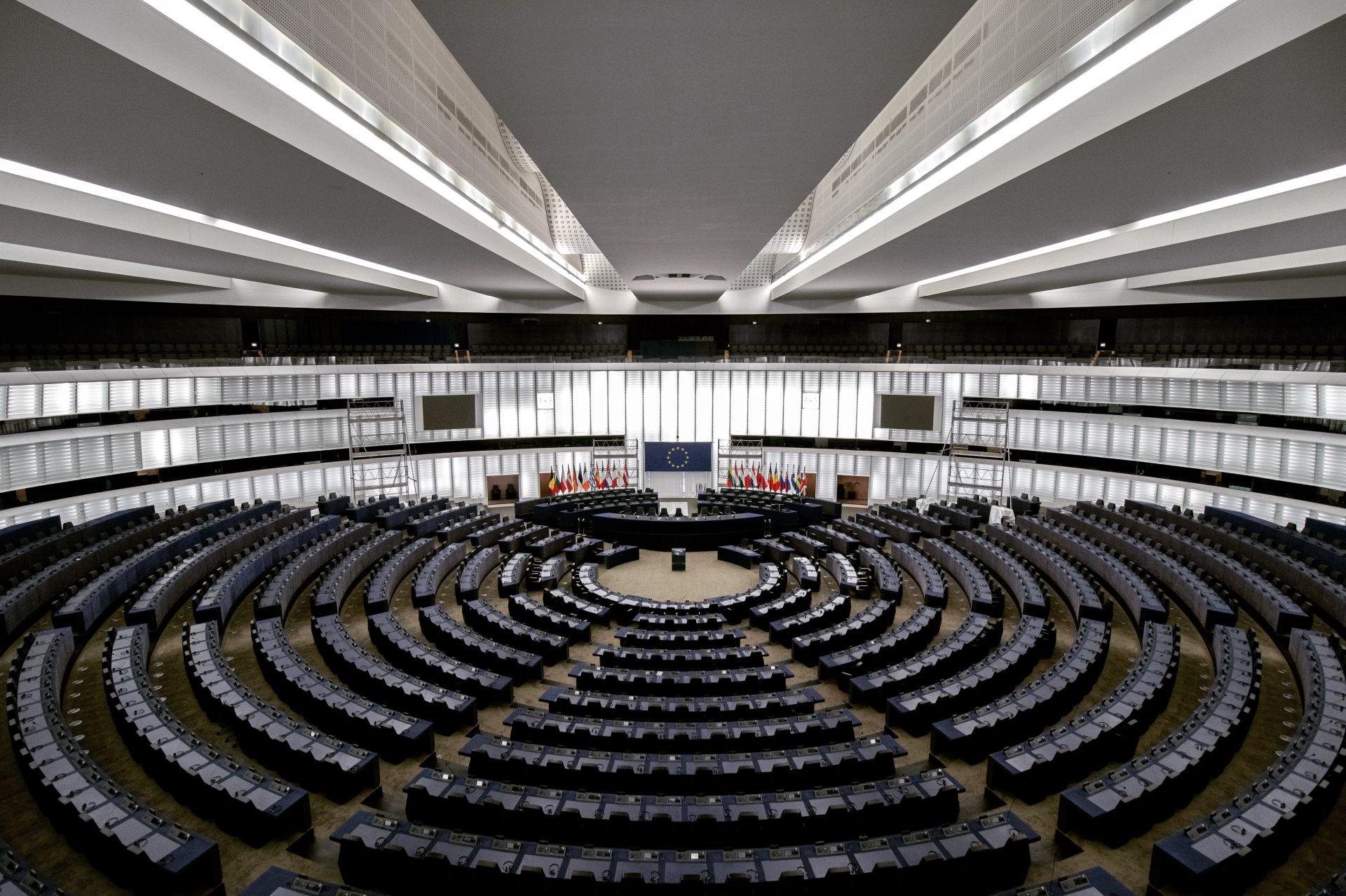The new EU Digital Markets Act will include seven tech companies that will go under the name of “gatekeepers.” These seven tech companies include Alphabet, Amazon, Apple, ByteDance, Meta, Microsoft, and Samsung.
The European Commission has received notifications from seven businesses, most of which are American IT behemoths, stating that they satisfy the requirements to be categorized as “gatekeepers” under the Digital Markets Act (DMA).
ByteDance, the owner of TikTok, Alphabet, Amazon, Apple, Meta, Microsoft, and Samsung, have all affirmed that they satisfy the requirements imposed by the European Union when it enacted the new regulation.
Booking.com anticipates achieving gatekeeper status by the end of the year and will notify the appropriate authorities by that time, according to Reuters.

Breton gave insight into the EU Digital Markets Act
According to a statement made by European Union commissioner Thierry Breton, the corporations will have just six months to adhere to the DMA’s regulations after it “will now check their submissions and designate the gatekeepers for specific platform services by 6 September.”
Breton said that the new rules include these key points:
- They will no longer be able to lock in users in their ecosystem.
- They will no longer be able to decide which apps you need to have pre-installed on your devices; which app store you have to use.
- They will not be able to “self-preference”: exploiting the advantage of being the gatekeeper by treating their own products and services more favorably.
- Their messaging apps will have to interoperate with others.
Gatekeepers are businesses having at least a €7.5 billion ($8.16 billion) yearly revenue in Europe over the previous three fiscal years or businesses with a fair market value of at least €75 billion ($81.6 billion) in at least three European Union member states.
Additionally, they must have provided services to more than 45 million active end users each month and more than 10,000 active business users each year in the European Union during the previous three years.
Since the legislation is intended to include significant online platforms that serve as “gatekeepers” in digital marketplaces, as its name implies, these requirements were created to include the major companies in the industry.
7 companies have notified the 🇪🇺 Commission that they meet the #Gatekeepers thresholds under the Digital Markets Act (#DMA):
Alphabet
Amazon
Apple
ByteDance
Meta
Microsoft
Samsung🔜 Following our review process, official designation will be announced no later than 6 September pic.twitter.com/1qr5Scly0S
— Thierry Breton (@ThierryBreton) July 4, 2023
What is the EU Digital Markets Act?
A ground-breaking European regulation called the Digital Markets Act (DMA) aims to stop giant internet platforms from abusing their market dominance by connecting customers to information, products, and services.
According to the European Union, strong regulation of large technological firms—the so-called gatekeepers of the digital economy—will increase competition and choice, foster greater innovation, improve quality, and drive down costs.
The DMA, which was initially suggested in December 2020 and is scheduled to take effect in 2023 completely, can result in significant fines, the potential for being compelled to sell off assets, or even the prohibition from conducting business within the European Union.

The sanctions make it a potentially game-changing piece of legislation, even if it only applies within the European Union. It might have significant effects on Big Tech and how we use the internet.
Companies that violate the regulations might be fined up to 10% of their total annual global revenue, 20% for repeat offenders, and the commission could “open a market investigation and, if necessary, impose behavioral or structural remedies” as a result of repeated failures.
The new rule, according to Apple, “will create unnecessary privacy and security vulnerabilities for our users,” and the company allegedly planned to enable third-party app shops in iOS 17 with various limits like only permitting them in Europe or requiring security criteria.
Featured image credit: Guillaume Périgois on Unsplash






